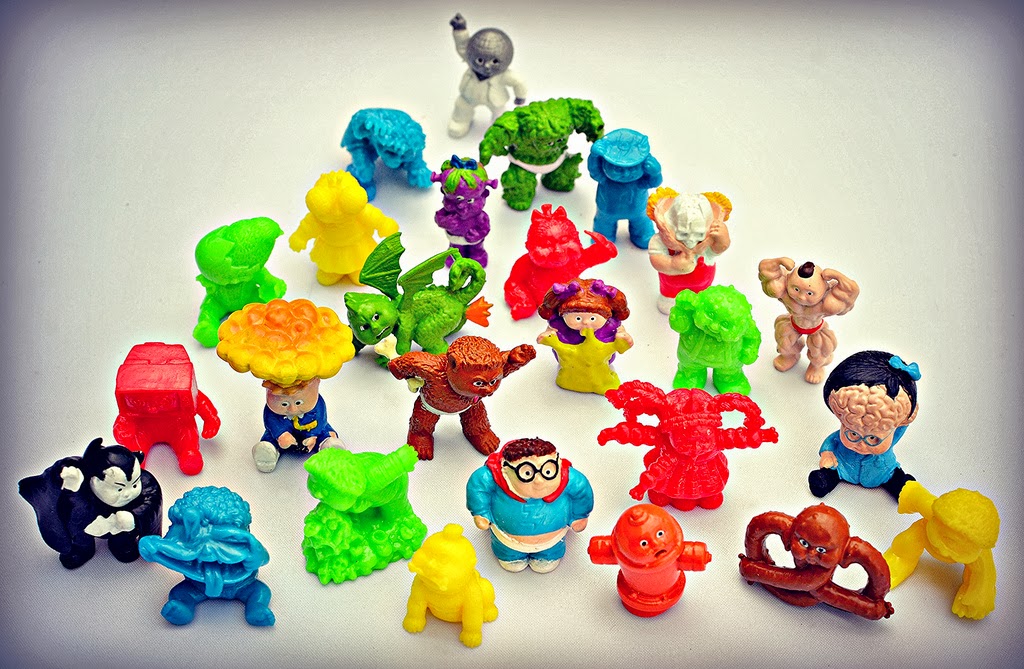**Minikins: Are They Real? Unveiling The Mystery**
In a world filled with fantastical creatures and whimsical toys, the notion of minikins has sparked a wave of curiosity and intrigue among many. These tiny beings, often depicted in various forms of media, have left people wondering whether they are simply a figment of imagination or if they exist in some tangible form. What exactly are minikins, and do they hold any reality beyond mere fiction? As we delve deeper into this fascinating subject, we will uncover the truth behind these miniature marvels and explore their origins, characteristics, and the reasons behind their allure.
As we embark on this journey, it is essential to recognize that minikins have made their mark in several cultural contexts, from folklore to modern entertainment. Their portrayal in stories and art has contributed to the mystique surrounding them. Are they representations of a forgotten mythology, or are they modern-day creations designed to capture the imagination? These questions invite us to explore the multifaceted world of minikins and their impact on popular culture.
With an ever-growing interest in the fantastical and the whimsical, the question remains: minikins are they real? The answer may not be as straightforward as one might think. Throughout this article, we will analyze various perspectives on minikins, consider the scientific and artistic interpretations, and ultimately decide whether these charming little entities are merely a product of human creativity or if they carry a deeper significance in our lives.
**What Are Minikins?**
Minikins, often characterized as tiny, humanoid figures, have appeared in various forms throughout history. From ancient folklore to contemporary animations, these diminutive creatures have captured the hearts and minds of many. Traditionally, minikins are depicted as playful beings with a penchant for mischief, serving as symbols of innocence and wonder.
**Do Minikins Have Historical Roots?**
The concept of minikins can be traced back to various cultural and historical contexts. Folklore from different regions often includes tales of small, magical beings that interact with humans in both benevolent and mischievous ways. For instance, European fairy tales frequently feature tiny fairies and sprites that embody the essence of minikins. The rich tapestry of global mythology suggests that the idea of miniature beings is not a modern invention but rather a reimagining of ancient beliefs.
**How Are Minikins Portrayed in Modern Media?**
In contemporary media, minikins have taken on diverse forms, ranging from animated characters in children’s shows to collectible figurines in toy lines. Their portrayal often emphasizes their whimsical nature, appealing to both children and adults alike. This resurgence in popularity has led to the creation of various merchandise, further solidifying minikins as a cultural phenomenon.
**Are Minikins Real or Just a Product of Imagination?**
When considering the question, "minikins are they real?" it is essential to differentiate between the physical existence of such beings and their representation in art and storytelling. While minikins may not exist in the physical realm as described in folklore, they hold a significant place in the human imagination. Their representation in various forms serves as a testament to our desire for wonder and escapism.
**What Scientific Perspectives Exist on Minikins?**
From a scientific standpoint, the existence of minikins as physical entities is highly improbable. However, the study of mythological creatures and their psychological impact can provide insight into why humans are drawn to these tiny beings. Psychologists speculate that minikins represent a longing for childhood innocence and playfulness, allowing us to reconnect with our inner child.
**Can Minikins Teach Us Valuable Lessons?**
Despite their fictional nature, minikins can impart valuable life lessons. Their stories often revolve around themes of kindness, friendship, and the importance of imagination. By engaging with the concept of minikins, individuals can learn to embrace creativity and foster a sense of wonder in their everyday lives. In a world that often prioritizes practicality, minikins remind us of the joy that can be found in imagination.
**What Do Minikins Represent in Popular Culture?**
Minikins have become a symbol of nostalgia and whimsy, often appearing in various forms of art, literature, and entertainment. Their influence can be seen in everything from children’s toys to popular films, reflecting humanity’s enduring fascination with the fantastical. This phenomenon has led to the emergence of a subculture dedicated to the celebration of minikins and other similar creatures.
**How Can We Incorporate Minikins into Our Lives?**
For those intrigued by the idea of minikins, there are several ways to incorporate them into daily life:
- Create art inspired by minikins, whether through painting, sculpture, or digital design.
- Engage with literature and media that feature minikins, fostering a love for storytelling.
- Participate in local art fairs or conventions that celebrate miniatures and fantastical creations.
- Encourage imaginative play in children by introducing them to the concept of minikins.
**Are Minikins Worth the Hype?**
Ultimately, the question remains: minikins are they real? While they may not exist in a tangible sense, their cultural significance and the joy they bring to people's lives cannot be denied. The allure of minikins lies in their ability to inspire creativity, spark imagination, and remind us of the magic that exists within our world.
In conclusion, minikins serve as a bridge between reality and imagination, allowing us to explore the beauty of fantasy while embracing the lessons of life. Whether they are viewed as mere figments of creativity or as representations of deeper human truths, minikins have undoubtedly left an indelible mark on our collective consciousness.
Article Recommendations
- Lou Ferrigno Jr Wife
- Tia Kemp Kids With Rick Ross
- Jj Outerbanks Actor
- Desmond Harrington
- Is Alyssa Naeher Gay
- Kaitlan Collins Married
- Brenda Vaccaro
- Alana Cho Leak
- Kylie Jenner Naked
- Does Nle Choppa Have A Wife


